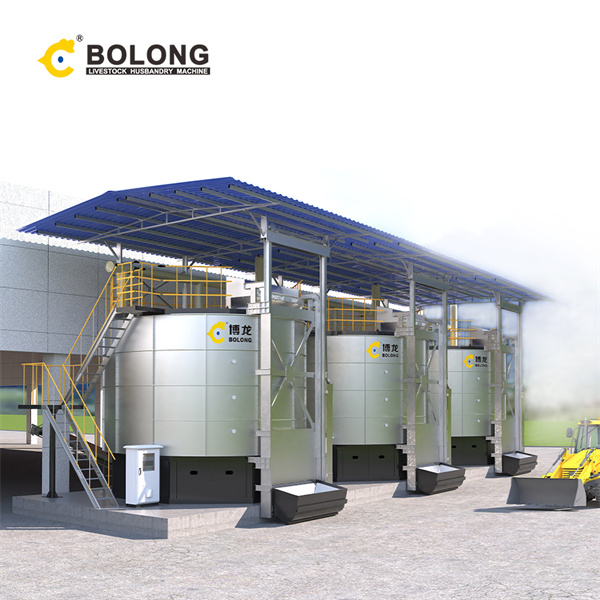Introduction: Greenhouse gas emissions from agriculture contribute to climate change. Livestock fermentation tanks help mitigate these emissions. This article examines the impact of fermentation tanks on reducing greenhouse gas emissions.

Methane Reduction: Fermentation tanks reduce methane emissions by controlling anaerobic conditions in manure management. Methane is a potent greenhouse gas, and its reduction has a significant climate impact.
Nitrous Oxide Control: By optimizing composting conditions, fermentation tanks also reduce nitrous oxide emissions. This gas is another powerful greenhouse gas, and its reduction contributes to climate change mitigation.
Carbon Sequestration: The compost produced by fermentation tanks enhances soil carbon sequestration, capturing and storing carbon in the soil. This process reduces atmospheric carbon dioxide levels.
Case Study: A dairy farm implemented fermentation tanks and monitored greenhouse gas emissions. The farm achieved a 50% reduction in methane and nitrous oxide emissions, contributing to its climate change mitigation goals.

Conclusion: Livestock fermentation tanks significantly reduce greenhouse gas emissions by controlling methane and nitrous oxide and enhancing soil carbon sequestration. These benefits support climate change mitigation efforts in agriculture.